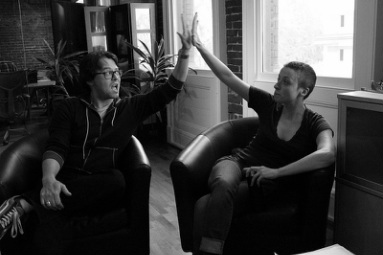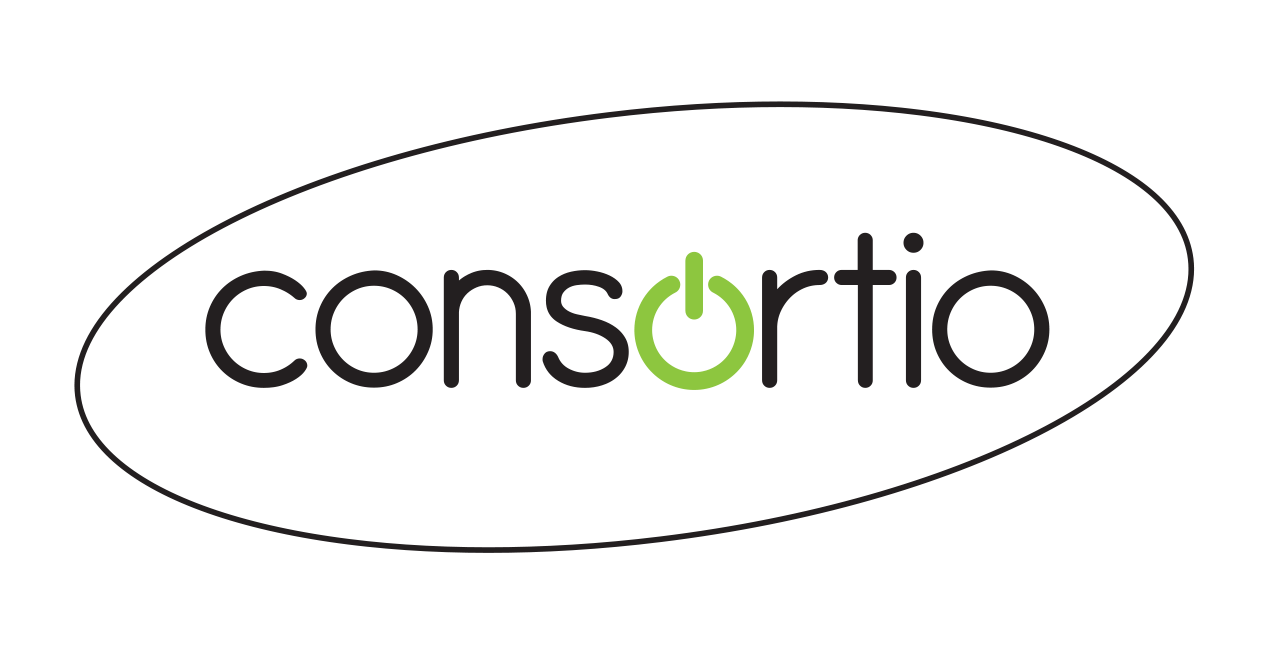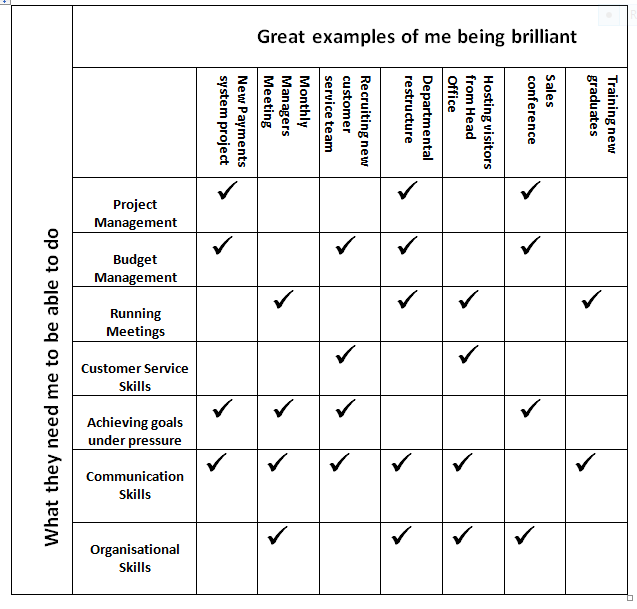|
11/20/2013 0 Comments Lucid stories for interviews So what are 'lucid stories' in the context of being awesome at being interesting, confident and answering the questions you need to nail during an interview? The brilliant Angela Tompkins from the University of Gloucestershire first introduced the concept of lucid stories in a wider context to me and I have run with it and adapted it a little in my career coaching and employability in education work; lucid stories put quite simply are a pre-prepared collection of examples, anecdotes or recollections of times when you have been brilliant at something that the interviewer will want to know that you can be brilliant at. How does that work then? Well for me the easiest way to prepare for an interview in terms of providing yourself with a loose 'script' of things to say is to look closely at the Job Description / Job Specification that describes the role that you have been chosen to be interviewed for. Within the document, regardless of how the business structures it or describes the elements within it, there will be a list of things that they want you to be able to do to be considered for the job. Of course in your application, CV, covering letter, telephone interview you have already suggested that you can do them. Equally obviously you know that they will want more proof than your say so to give the job. So lucid stories is just the result of you creating two axis; one you call Great examples of me being brilliant at work and the other called What they need me to be able to do; I expect that you will probably find a more succinct way of labelling them . Next you add to the axis What they need me to be able to do some sub headings that are those things; project management, budget management, running meetings, customer service, managing a team, achieving goals under pressure etc. Now on the Great examples of me being brilliant at work axis you add sub-headings to describe the projects, events, job titles or situations that are your list of times you have been brilliant. All you now need to do is to sit down and for each Great example.... you need to think about which of the things they need you to do in the new job you did then, it can be more than one, and tick the boxes. So for example you ran a project to help integrate a new payments system into your company in 2012 and during that project you demonstrated project management, running meetings, budget management and delivering under pressure. So you put tick against those things on the What they need me to do axis and then you know that if the interviewer asks you a question something like 'Tell me about a time when you delivered a result under pressure' that you have your answer already sorted AND (and this is the good bit) you can also tell them about your project management, running meetings and budget management skills as well. So you have answered a key question with a great example and added a few other key competencies into your answer! Impressive. Anything that 'helps' the interviewer to find evidence of the things that they need to find to make you appoint-able is in your favour; very much so. Being lucid is about offering a flowing, considered, detailed and relevant example when asked under pressure for it. Many interviews fail simply because the interviewee tries to think on their feet, produces poor examples (or none at all) and simply does not do themselves justice because they do have the right answers, great examples and impressive experience but fail to translate that into their interview performance. I guess I am talking about preparing a script to allow you to perform under pressure without having to worry about what you are going to say. Most interviewers now follow a competency based interview structure and gone are the days (mostly) when you might be thrown a question like 'If you were an animal which animal would you be?' instead competency based questions that start 'Can you tell me about a time when' or 'Do you have an example of you...' are more likely and indeed more easily prepared for using this method. Lucid stories mean lucid answers to important questions and if you are comfortable with what is coming out of your mouth then in turn your physicality will reflect that with positive body language and more confident use of your eyes and smile and more animation through your hands and more expression in your voice - these all lead to greater connection with the interviewer and that coupled with great answers significantly improves your chances of success. So go start practising your lucid stories!
0 Comments
|
Paul GoringAGR MIPR BPS Lvl B+ Archives
November 2018
CategoriesAll Appraisals Career Career Advice Career Coaching Career Decisions Careers Advice Career Support Coaching Communication Confident Interviews CV / Marketing Flier Education Employability Employers Events Grad Careers Internships Interview Performance Interviews. Interview Advice Interview Tips Job Advice Lucid Stories Management Skills Networking One To One Meetings Personal Brand Personal Development Presentations Reflective Learning Returning To Work Staff Development Student Employability Understanding The World Of Work Your Own Career Manager |



 RSS Feed
RSS Feed
